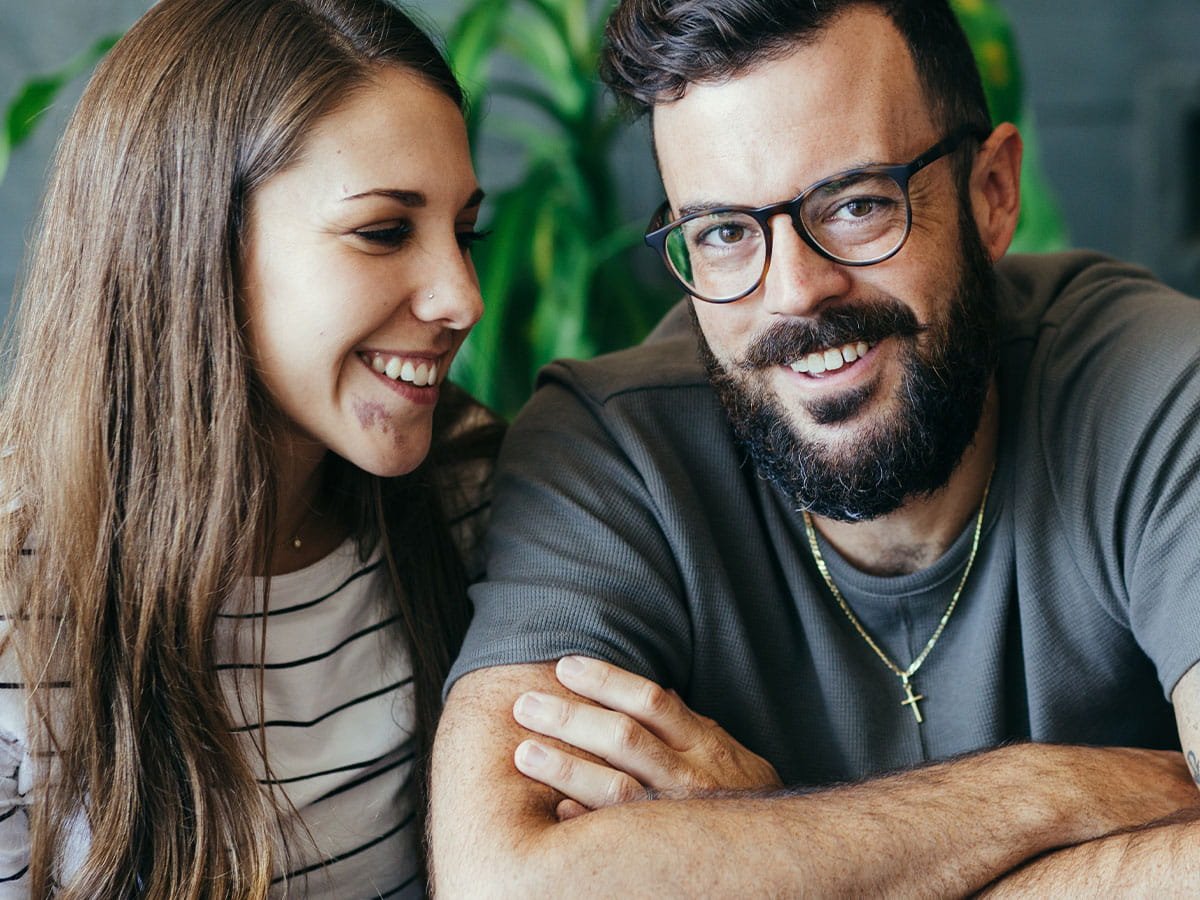Nothing! A Secular Humanistic Jewish wedding ceremony rejoices in the love of two individuals regardless of whether they are two persons of the same, or different, genders. The ceremonies that I celebrate focus on the two people pledging their love. They are personal and individual. They reflect the backgrounds of the participants by incorporating rituals or symbols from their respective cultural or religious upbringings. However, while we incorporate symbols from religious traditions, the focus in a humanistic or secular ceremony is on the human aspects of their union rather than on any particular religion.
As a Secular Humanistic rabbi who is also intermarried, I feel it is my obligation to serve the needs of Jews and their partners by performing intermarriages and incorporating cultural traditions from each of the couple's backgrounds. I felt this way before I was a rabbi and before I was intermarried. It is my passion to honor individuals and my love of my Jewish heritage that led me to this commitment.
In preparing for a wedding ceremony, I share sample materials with the couple. They choose the symbols or traditions from their cultural or religious backgrounds that they wish to include in their ceremony. In a typical Jewish-Christian gay wedding ceremony, you may find a chuppah, or wedding canopy, the drinking of wine, a unity candle, readings, and a breaking of the glass. I explain the significance, symbolism, and sometimes the origins of the traditions. My goal is to be warm and inclusive so that all the participants and observers feel engaged by and connected to the experience.
When I began working with intermarried couples more than eighteen years ago, I remember how strongly I felt about what I was doing. There were so few Jewish clergy willing to embrace the couple for who they were rather than what they were. I also felt that I was marrying people, not labels. I knew that what I was doing mattered to the couple and to their families. This sense of making a difference was a compelling motivator to continue to do intercultural work when the Jewish community was rejecting and sometimes even hostile. Participating in ceremonies that celebrate gay, lesbian, bisexual, or transgender unions generates, in some circles, the same type of reaction today. I know that I am doing something that is very much appreciated.
Consistent with my commitment to honest expression, I have been asked by some couples to be explicit about how this ceremony may be different from heterosexual ceremonies. I have written the following, which allows public recognition of their choice: "In choosing to come together publicly and to include all of us in this special celebration, Chris and Brian have honored us. The fact that so many of you are here to support them is a testament that the world is becoming a more ethical and loving place. This ceremony is a ritual with themes of hope, openness, honoring differences, trust, acceptance, and the power of true love."
At certain times, something unique to the situation is called for. Some couples choose to make a more political statement about their same-sex choice in their ceremony. When that happens, I am happy to serve as the vehicle by which they can express their convictions and beliefs. I wrote this to reflect the position of one couple, and many others have also chosen to include it in their ceremony, "Brian and Chris see this ceremony and their marriage as gay men as a powerful example and model for all relationships in this time and for the future. I am present here today as clergy to give public acknowledgment of their choice and to provide them with my loving support. I hope that this ceremony validates what is possible and real today, and what will be acknowledged and legal someday in the near future."
I believe that my commitment to the couple and their choice is significant. I offer an official, albeit not legal, recognition of their union and partnership. I like my support to be very personal and human. I often continue with something like the following: "This is also an emotional moment for me because I am passionate about my work, the most significant part of which is participating in ceremonies that may make other people cranky. My involvement with the gay/lesbian/bisexual/transgender community grows out of my connection with the intercultural, interracial, and interfaith community. I simply enjoy being able to say to the world, 'every relationship deserves to be celebrated, and I'm going to be on the front lines celebrating.'"
I participate in all types of wedding ceremonies because I believe that all relationships of love deserve to be celebrated and because I do hope that my involvement validates what is possible and real today and will be legal someday in the future.

